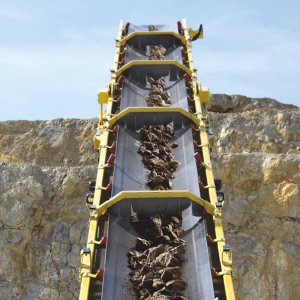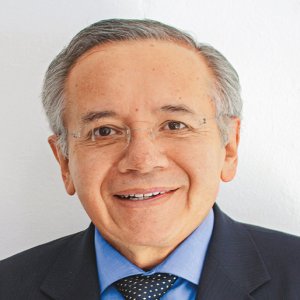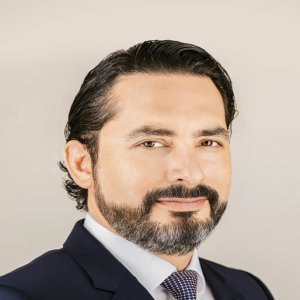Land Matters in Mining

STORY INLINE POST
If not managed correctly, land negotiations can be a headache for any company pursuing a project in Mexico, says Gabino Fraga, Managing Partner at Grupo GAP, who adds that knowledge of the judicial requirements specific to each party equals negotiating power. “Land issues often arise from a lack of clear information regarding the land owners who the project is going to impact. Companies must understand the rights and duties of land owners to be able to sit down and negotiate with them,” he says.
While the Mexican judicial framework for land access is comprehensive, mismanaged negotiations can result in one ejidatario stopping a project. “The community approach of mining companies often lacks clarity in explaining to the community its rights and duties,” says Fraga, whose firm offers legal and social consulting specialized in resolving conflicts related to land access and agrarian issues, in particular communication with ejido communities. But as companies sometimes do not even know these obligations, social conflicts are more likely to arise. “It is fundamental to get expert advise on how to approach land and ejidos to ensure an effective communication of the commitments that the company is willing to make.”
Fraga also explains that social conflicts come up because land matters in Mexican mining are typically considered on their social aspects while disregarding property elements. An example would be a community of 1,000 people where only 200 have land rights. “The populational community is bigger than their judicial counterpart and these two have different rights. In this case, any social advisory must be based on legal grounds.”
In this scenario, the company should agree on a legal settlement with the land owners and negotiate with other occupants of the property for their possession of the land. “This does not mean that the company will pay twice, but that it will seek a social equilibrium,” Fraga says. “It is important to prevent a socioeconomic imbalance. The company must invest in tailor-made social initiatives for every community.” Instead of bringing in desk-designed projects, companies must involve the community in designing and choosing the social programs that it needs the most.
When seeking social balance and negotiating a fair deal with communities, companies usually do not know who owns what. But mining operations are often located in remote areas with unclear and incomplete public registries. “It is also important to conduct a deep analysis of property ownership,” Fraga says. Illegal squatting is common due to the many layers of property ownership. “In these cases, we must examine the title because the deed is indefinite.”
For those cases in which the due diligence on social and legal matters was not thorough enough and an ejido is able to stop a project, the right to public use and the cause of public interest must be defended. “The project will not be suspended if it is proved that doing so would harm a right of the majority to protect the right of a minority.” Fraga is convinced that many foreign companies in Mexico do not have this kind of detailed insight. “We must get into the details to win cases,” he adds.
As mining is often carried out by private investment, it could be tricky to prove to a judge that protecting the mining project equates to protecting the interests of the majority. “Mining is a public domain good of the federation, concessioned to an individual party,” Fraga says. “The public utility cause is the extraction and processing of minerals to serve society.” Grupo GAP has advised numerous companies in social and land matters, including Alamos Gold, Torex Gold and Agnico Eagle. Fraga’s final tip for mining companies is to prioritize communication with communities and local governments. “Even if it is not legally necessary, it is always beneficial to make the local government feel involved in the project.”























